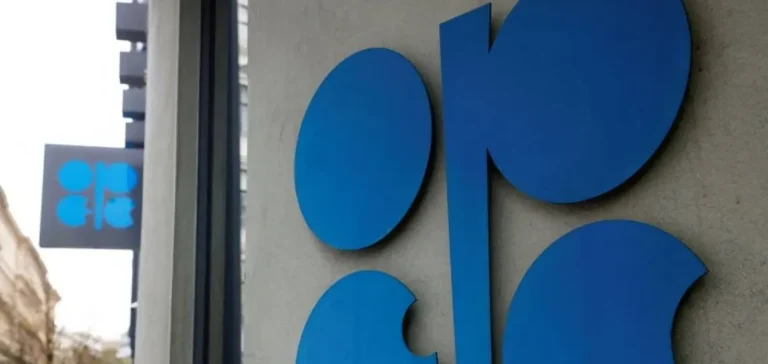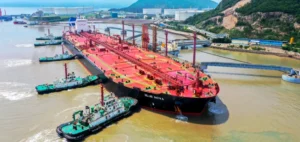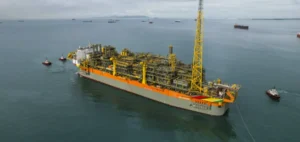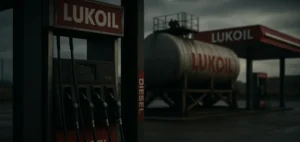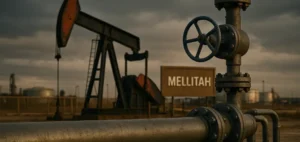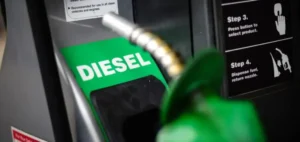The members of the Organization of the Petroleum Exporting Countries and their allies (OPEC+) have decided on a significant increase in their production quotas for August. Initially anticipated to be around 400,000 barrels per day (bpd), the increase ultimately agreed upon is precisely 548,000 bpd. This decision comes against the backdrop of a global economic recovery, with oil demand remaining at elevated levels. The move underscores renewed confidence in the market’s capacity to absorb additional oil supplies.
Accelerated Return of Oil to the Market
This decision, significantly exceeding initial industry analyst forecasts, appears directly aimed at addressing supply demands linked to the peak summer season. Among the primary countries impacted by this increase are Saudi Arabia, Iraq, the United Arab Emirates (UAE), Russia, Algeria, Kuwait, Kazakhstan, and Oman. The Saudi kingdom thus sees its quota rise to nearly 9.76 million bpd, while Russia is authorized to produce up to 9.34 million bpd. The UAE can reach daily production levels of approximately 3.27 million bpd.
The collective decision of the member countries fits within a broader plan to gradually rebalance global market supply. Since January 2024, several group members had voluntarily reduced their production to stabilize oil prices, which faced persistent volatility. Additionally, OPEC+ reaffirmed its intention to compensate for any overproduction that occurred during this period, aiming to maintain the negotiated balances among members.
Risk of Oversupply on the Horizon
Although this decision reflects short-term confidence in global consumption dynamics, some experts already express concerns about a potentially significant supply surplus by year-end. This scenario will primarily depend on developments in Asian and European markets, major consumers of fossil fuels. At this stage, it remains uncertain whether the current consumption rate will be sufficient to fully absorb this rapid increase in quotas.
In this context, OPEC+ has scheduled another meeting for early August to evaluate market conditions and possibly adjust production quotas for September. This flexibility has become a key component of the strategies adopted by the cartel and its allies over recent years. The next meeting could therefore be an important turning point to better understand the group’s true intentions regarding supply regulation.


